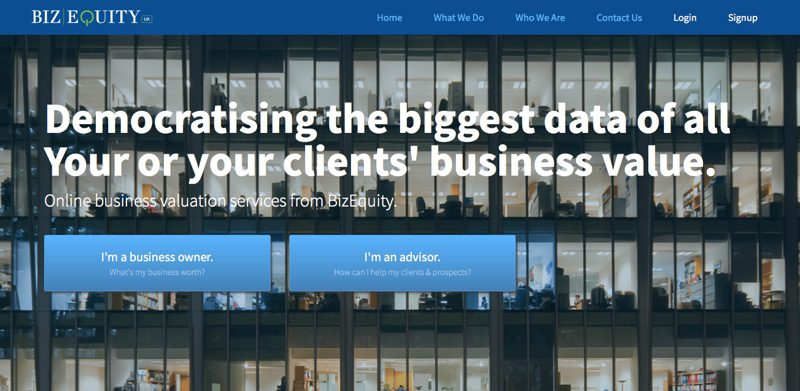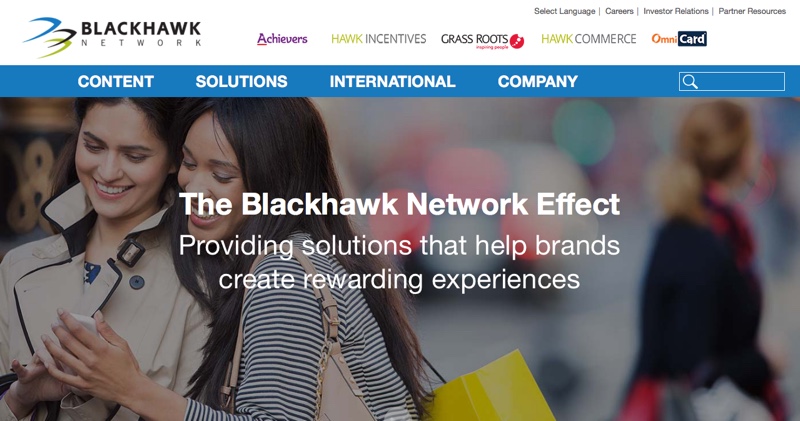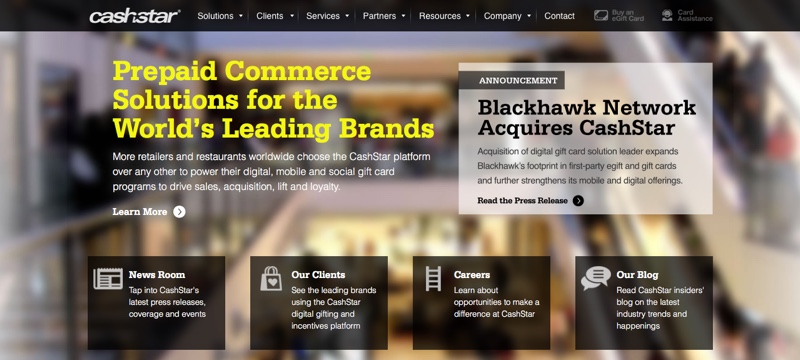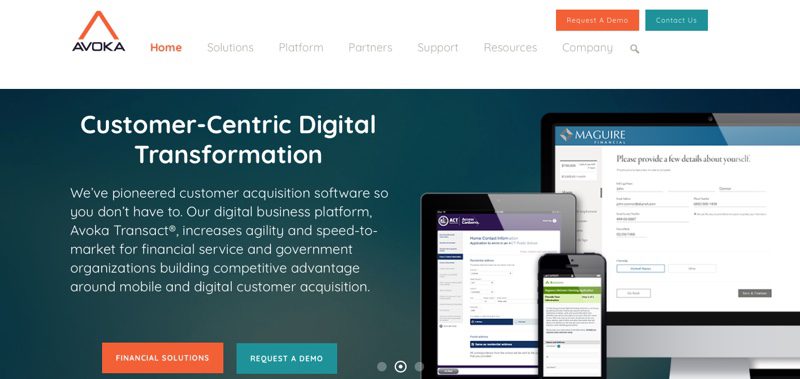
Core banking software provider Fern Software has opened its Abacus HUB Cloud platform to third parties in the U.K. and Ireland, reports Tanya Andreasyan at Banking Technology (Finovate’s sister company).
“End users can now build a customized core banking system from the library of apps available,” the vendor said.
According to Fern, “this is the first time APIs have been made available in this way to third parties to offer new and disruptive apps to credit unions and other financial services providers in the U.K. and Ireland.
“This open approach to collaboration is unique to this market.”

Pictured (left to right): Fern Software CEO Eamon Scullin and Software Architect Adam Stirtan demonstrating BayTree, a scalable, “Pay as you Grow” API Banking CRM software service at FinovateFall 2015.
Eamon Scullin, CEO and founder of Fern, observed that the changing technology and business needs of credit unions require “all key players to collaborate across payments, mobile and online services”.
The vendor is “working with selected fintech partners to deliver a complete integrated solution”. Third party apps will be available via the AbacusStore portal.
John McGucken, GM at Fern, described Abacus HUB as “the future of credit union financial services software”. It will reduce the credit unions’ costs, increase flexibility and facilitate innovation and open collaboration, he explained.
Among Abacus users in the UK is Liverpool-based Enterprise Credit Union (ECU). Its manager, Karen Bennett, supported Fern’s latest venture, saying “we are confident we can offer more services, maintain growth and streamline current processes for all involved”.
According to Scullin, Abacus HUB has already been deployed in three sites.
Fern Software was set up in 1979. Its flagship core processing system, Abacus, is aimed at “inclusive financial institutions”, such as MFIs, credit unions, SME lenders and development banks.
The solution has 300 installations in 35 countries, predominantly across Africa, Latin America, Asia and Eastern/Central Europe. It is available in English, Arabic, French, Russian and Khmer.
Fern Software demonstrated its “Pay as you Grow” API banking CRM software service, Baytree, at FinovateFall 2015.













